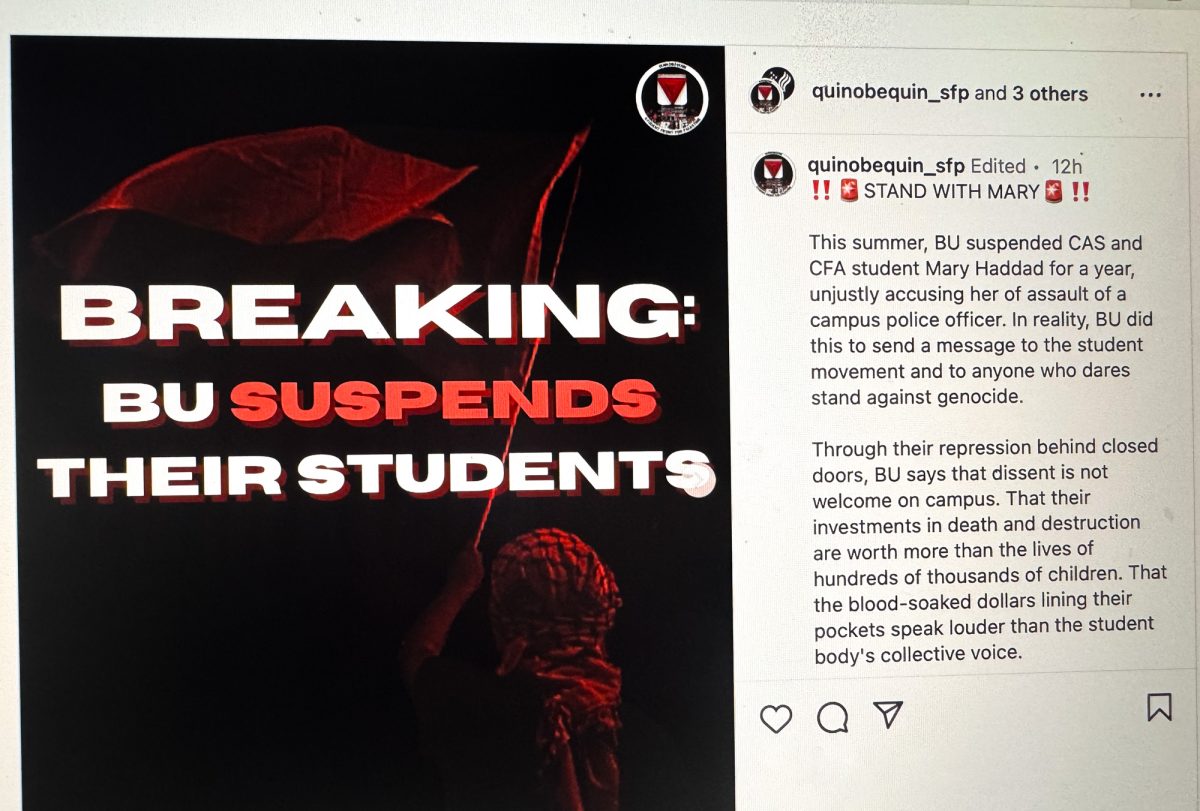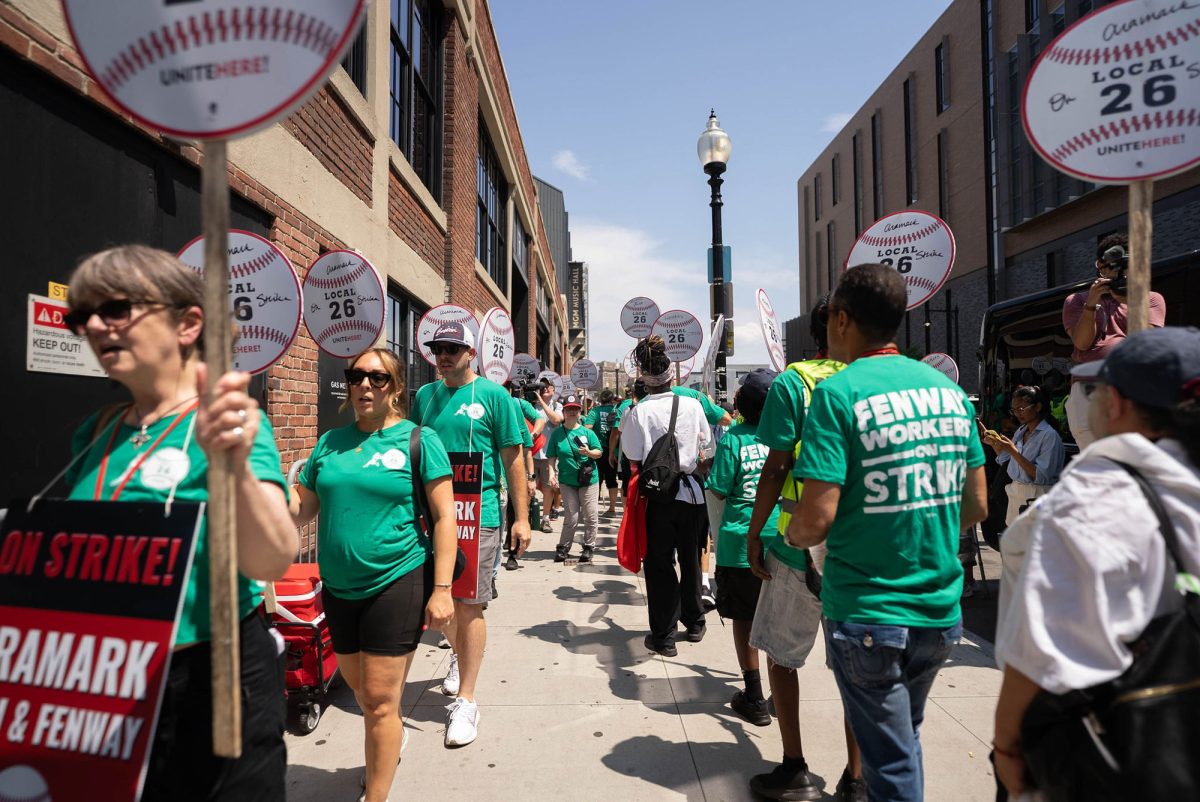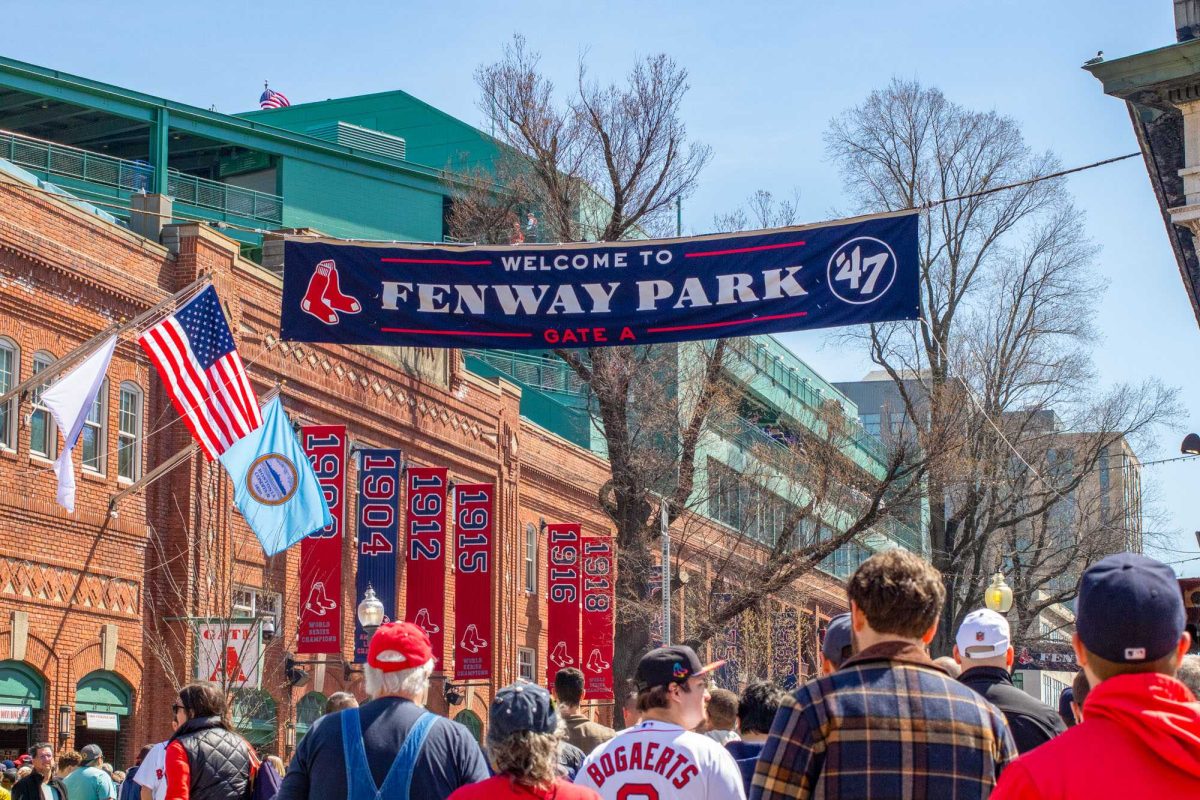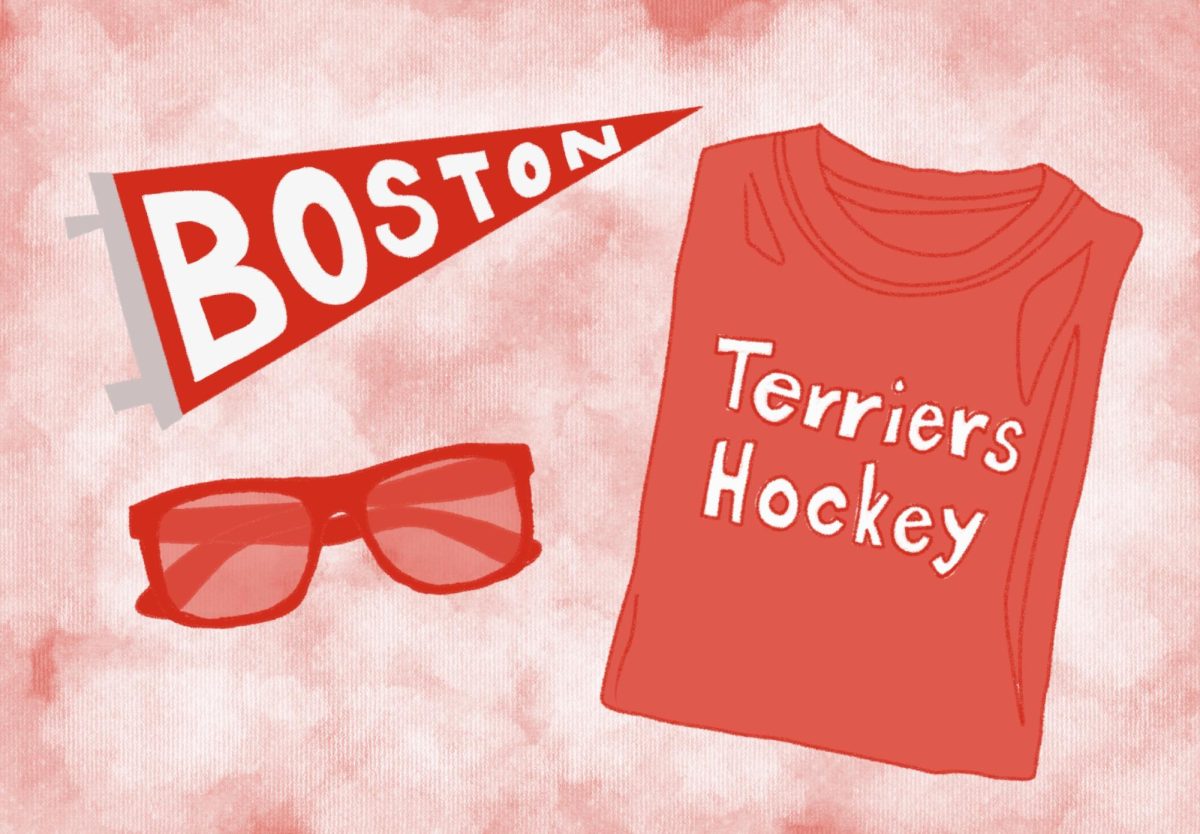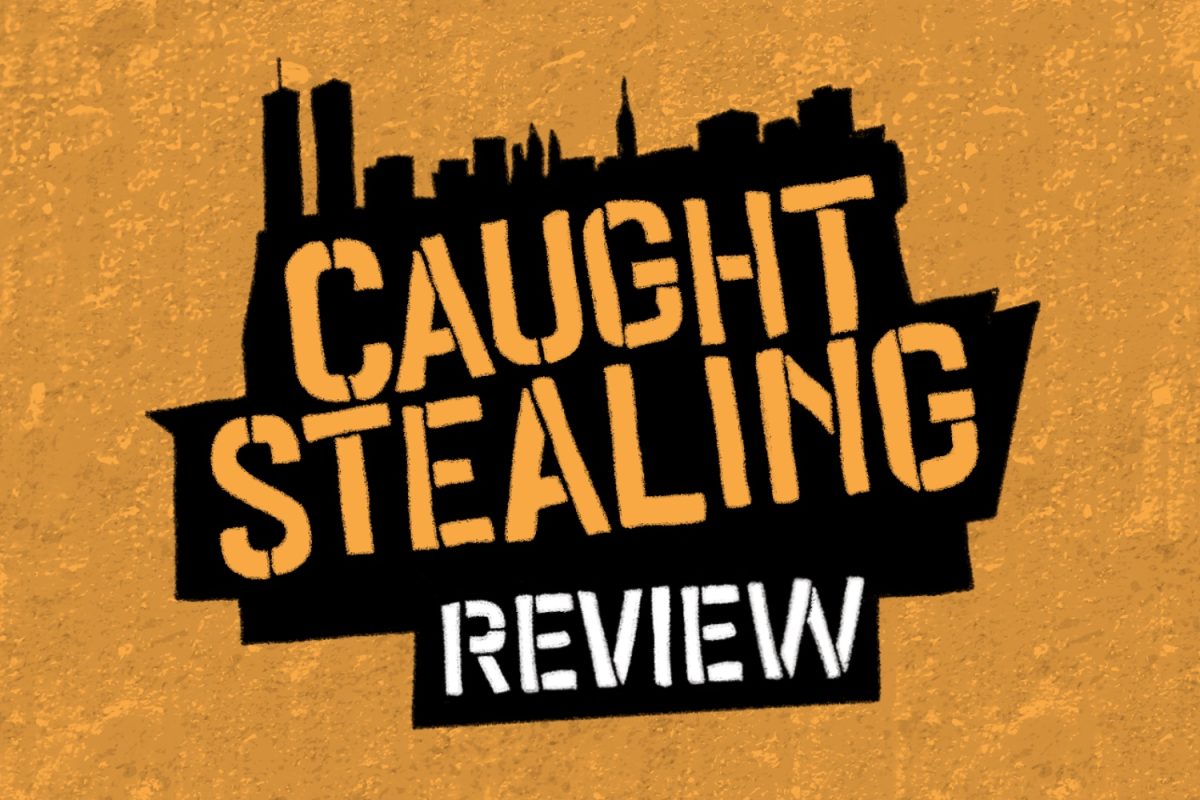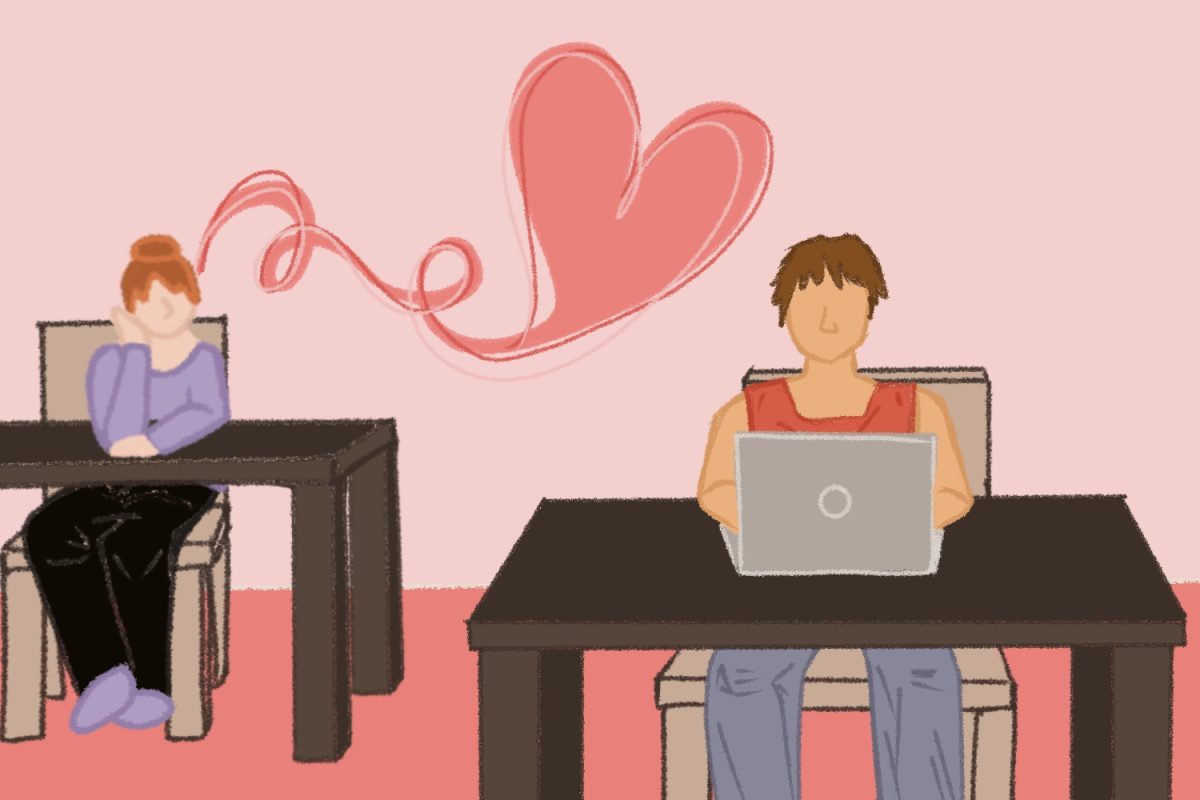Often when I identify as being a feminist, I’ve been asked, “But what sort of feminist are you really?” Most are probably wondering whether I hate men or want the world to be solely ruled by women.
What I really want to say is, “Why does it matter?” but instead I answer politely with something along the lines of supporting equality and fighting for rights that men have had for centuries.
I find myself constantly reminding people that I am not a man hater. It’s concerning to know that we live in a world where feminism is synonymous with that ideal. Feminism is not about hatred, but about freedom and acceptance.
It has always confused me as to why society needs to categorize feminists into certain groups, giving us labels. It confuses me as to why feminists need these labels among ourselves as well.
Aren’t we all fighting the same fight? Shouldn’t we all be on the same boat on some level? As I learned more about these labels, I understood that some feminists would be radical, and others would be liberal and the list continues.
There are simply just different approaches to achieve a goal that is almost always the same: equality. Of course, equality is not that simple, since there are multiple ways to define equality for every person.
There is no wrong way to be a feminist, but we also shouldn’t be worlds apart. We should be actively bridging the gaps and working to understand one another to achieve our goals.
For me, equality means living in a world where women govern their own bodies. A world where there is fair pay and benefits. A world where women are not sexually harassed. To live in a world where I don’t have to explain why I am a feminist because everyone is, including men, would be the dream.
Of course, these are my personal desires, desires that not every person will agree with, and I’ve come to terms with that. I’ve also realized that I am not in any way the perfect feminist.
While on break, I picked up “Bad Feminist” by Roxane Gay as I waited at the airport for my flight home. I had heard high praises about how it was a thoughtful, intelligently written piece that critiqued our current state of affairs in the world. Plus, it was at every bookstore I visited and kept popping up on my recommendations list on Amazon.
Most of all, I was intrigued by the title. Bad feminist? How could a word with such a negative connotation be combined with “bad” to make it even worse? Curiosity struck me, and I knew I had to read on to find out.
Gay’s book discussed how race, sexuality and society all play into how we view feminism. From critiquing television shows to celebrity figures to novels and essays, the book showed me ways to think about things that I would have missed altogether.
Though I did not always agree with her points, I felt that it was important that I had been exposed to her views and opinions. The things we read and the views we explore shape our own views much more than we will ever know.
After reading her novel, I found myself identifying as a “bad feminist.” Well, at least with certain aspects of Gay’s definition of a bad feminist. I found that in many ways, I connected with her explanations.
Much like Gay, I can’t help but sing catchy tunes that I know I shouldn’t (i.e. songs with lyrics that are not the kindest to women). I still enjoy when men pay for dinner on the first date, and I can’t help but feel guilty about some of the choices and opinions I have as a feminist. I feel like I have been taught that there is one way to be a good feminist.
Maybe that’s why people feel as if they need labels for feminists. They feel that feminism is supposed to fit into neat categories, ones that don’t defy their stereotypes, and that feminism is supposed to have rules that can’t be broken.
When one goes about breaking rules, order becomes chaos. The term feminism becomes one that we can no longer recognize because it doesn’t fit into the box it’s supposed to.
But things are changing. This generation of women is redefining what feminism is and what it can be. We’re beginning to break free of the labels and stereotypes. Being a “bad feminist” is becoming more acceptable because we’ve realized that, in the end, we’re all human.
Gay says it best, stating “I would rather be a bad feminist than no feminist at all.”

